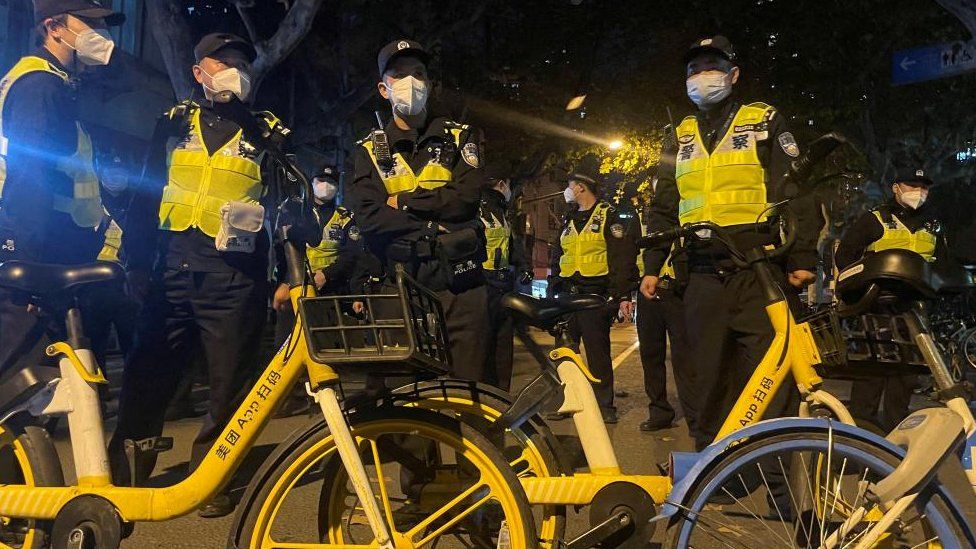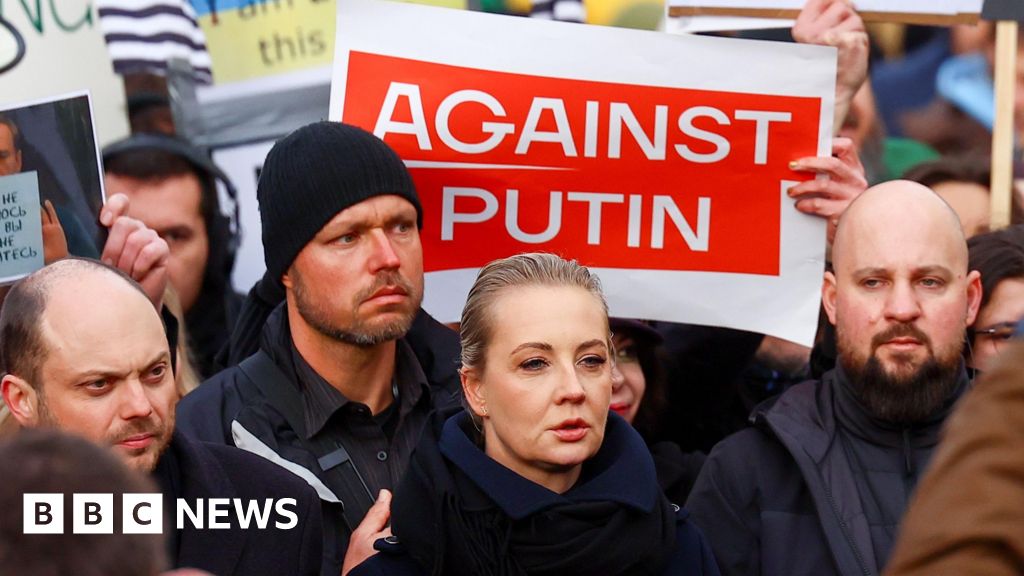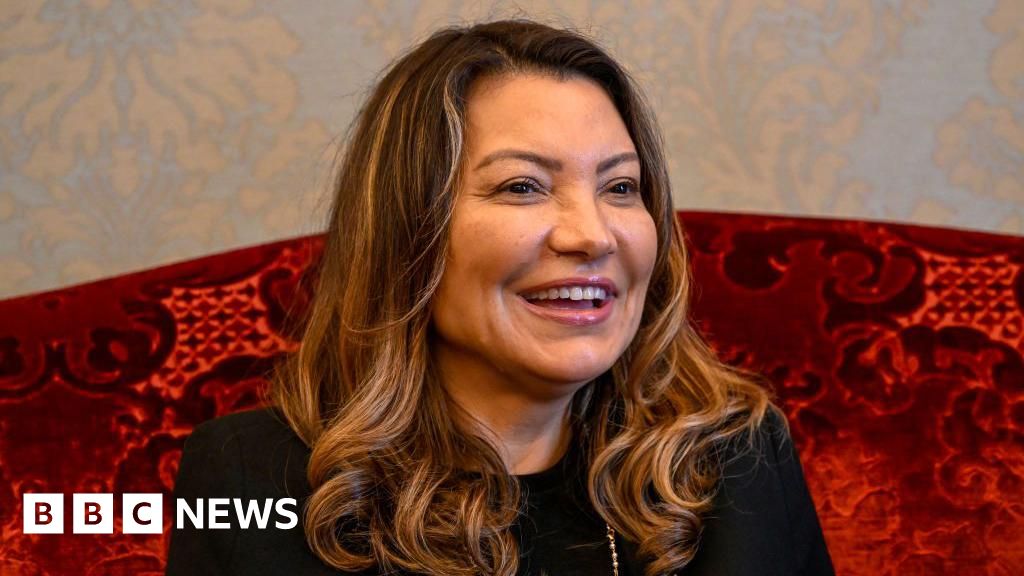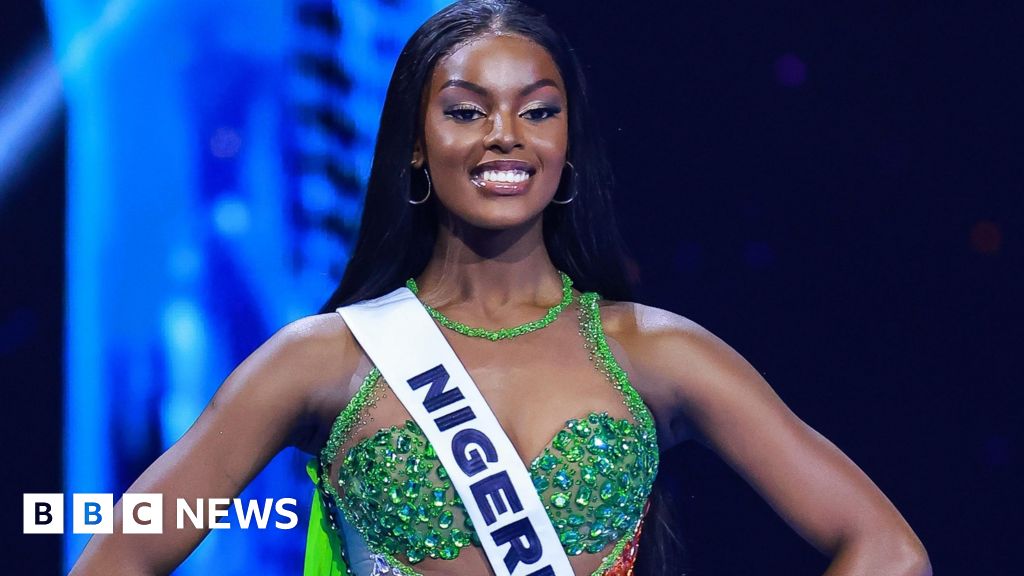ARTICLE AD BOX
 Image source, Reuters
Image source, Reuters
Protests against Covid restrictions which erupted over the weekend appear to have died down, as a heavy police presence is reported in Chinese cities.
Large barriers have gone up along the main protest road in Shanghai and police have made several arrests.
They have been stopping people taking photos of the protests and deleting pictures on their devices.
Nationwide protests grew after a fire in a high-rise block in Urumqi, western China, killed 10 people on Thursday.
It is widely believed residents could not escape the blaze because of Covid restrictions, but local authorities have disputed this.
A BBC journalist was detained while covering a protest in Shanghai on Sunday. Ed Lawrence was beaten and kicked by the police during his arrest, and held for several hours before being released.
UK Foreign Secretary James Cleverly tweeted that the arrest was "deeply disturbing".
China remains the only major economy with a strict zero-Covid policy, with local authorities clamping down on even small outbreaks with mass testing, quarantines and snap lockdowns.
Image source, Getty Images
Image caption,Barricades have been erected along the main protest site on Shanghai's Wulumuqi street, following mass protests against strict Covid restrictions
Many images of anti-lockdown protests have emerged from Shanghai and the capital Beijing, as well as other major urban areas like Chengdu and Wuhan.
Censorship has gone into overdrive on Chinese social media platforms since the weekend's protests, to stop people seeing and discussing them.
Tens of millions of posts have been filtered from search results, while media are muting their coverage of Covid in favour of upbeat stories about the World Cup and China's space achievements.
China's vaccine problem
While China developed its own Covid vaccines, they are not as good as the mRNA technology - such as the Pfizer and Moderna shots - used elsewhere.
Two doses of the Pfizer/BioNTech vaccine gives 90% protection against severe disease or death vs 70% with China's Sinovac.
The vaccines have also not been given to enough people. Far too few of the elderly - who are most likely to die from Covid - have been immunised.
There is also very little "natural immunity" from people surviving infections as a consequence of stopping the virus in its tracks.
It means new variants spread far more quickly than the virus that emerged three years ago and there is a constant risk of it being imported from countries that are letting the virus spread.
Image source, Getty Images
Image caption,Police officers blocked Wulumuqi street in Shanghai on Sunday to stop protests against China's zero-Covid policy
The Chinese government has not acknowledged the protests or responded in any formal way.
They pose an unprecedented political challenge for Chinese President Xi Jinping, with the country watching as to how he will respond.
Large numbers of protesters have been holding up blank sheets of paper - a tactic to protest while avoiding censorship or arrest.
But others have gone much further, and directly called on Mr Xi to stand down.
Despite heavy censorship, news of the demonstrations, videos and pictures have been spreading through social media and messaging apps.

 1 year ago
21
1 year ago
21








 English (US)
English (US)